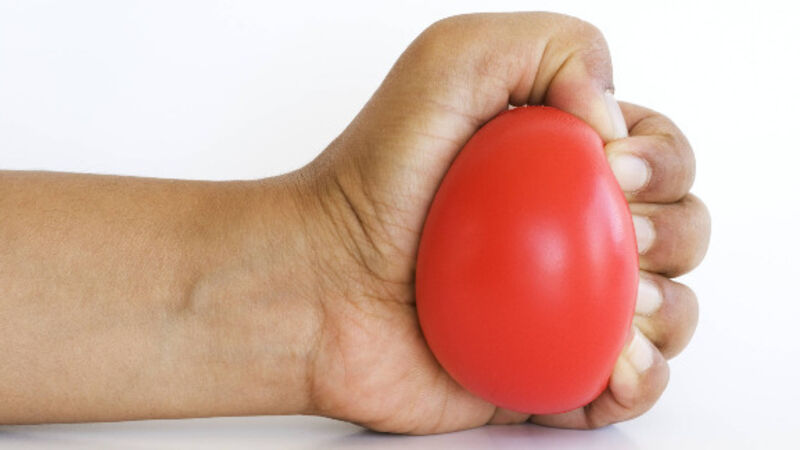Stress testing: Cork scientists create food which may relieve anxiety and depression

Because bacteria in the gut influence our emotions, Cork scientists have created a food that may alleviate anxiety and depression, says
Stress affects Leaving Cert students, harried home-buyers, and job hunters. All of us, regardless of our occupations, are touched by it daily.











